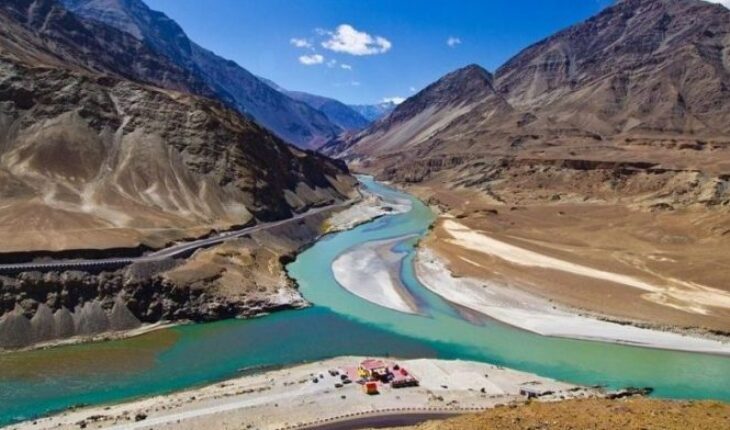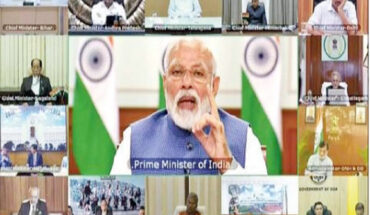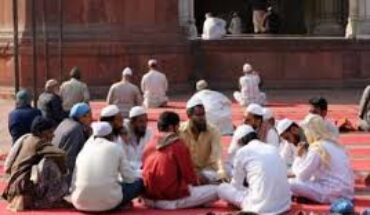
In a move sure to cause consternation in Islamabad and GHQ Rawalpindi, India on January 25 issued a notice to Pakistan seeking amendments to the Indus Waters Treaty, essentially seeking to renegotiate the treaty for the first time since it was signed on September 19, 1960.
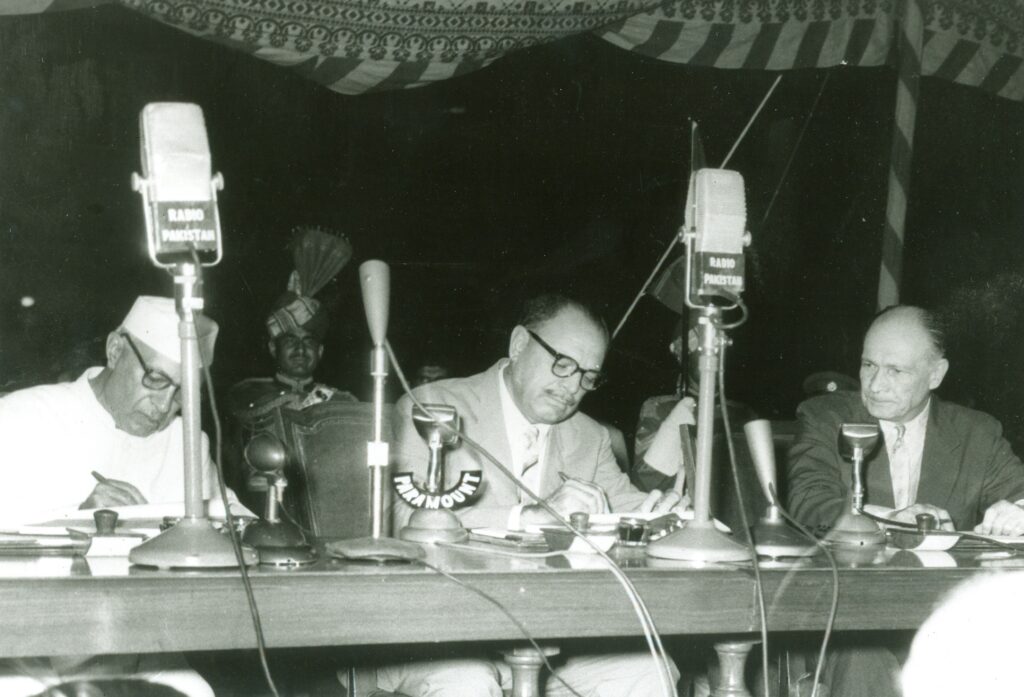
India is seeking changes in the treaty’s dispute settlement mechanism, and accuses Pakistan of violating the graded mechanism laid out in the treaty. Pakistan, which has raised repeated objections to India’s Kishanganga and Ratle hydroelectric projects located in Jammu and Kashmir since 2015, wants a Court of Arbitration to resolve the matter, while New Delhi insists on adjudication by a neutral expert first.
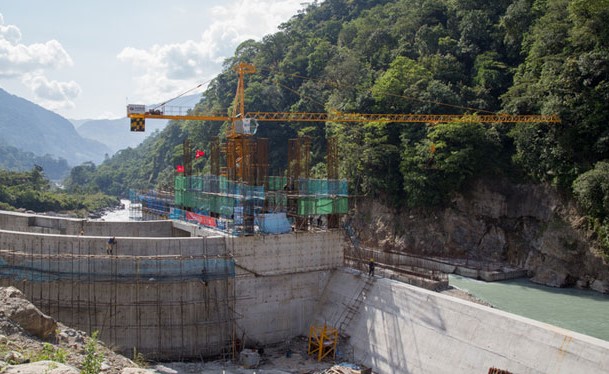
Finally, on 25 January, New Delhi issued a notice to Islamabad for amending the treaty following “Pakistani intransigence” on its implementation. In April last year, the World Bank, which is a guarantor to the treaty, announced it would resume both processes, but India asserts that such a parallel process serves to muddy the issue further. Pakistan, however, sees this as the thin edge of the wedge, or a precursor to demands for more radical changes.
The Indus System of Rivers comprises three Eastern Rivers –the Sutlej, the Beas and the Ravi– and three Western Rivers: the Indus, the Jhelum and the Chenab. According to the agreement, “all the waters of the Eastern Rivers shall be available for the unrestricted use of India, except as otherwise expressly provided in this Article,” while “Pakistan shall receive for unrestricted use all those waters of the Western Rivers which India is under obligation to let flow under the provisions…” In other words, India cannot store, divert or dam waters from the Indus, Chenab and Jhelum.
But the declining volume of water from all these rivers, as well as the rapidly growing demand for water in both nations since then lends credence to the theory that the wars of the future will be over water.
Signed by India’s Prime Minister Jawaharlal Nehru, Pakistan’s General-turned-President Mohammad Ayub Khan and World Bank Vice President W A B Illif, the treaty has survived three major wars, the Kargil conflict, and innumerable terrorist strikes by Pakistan-based terrorist scum, including a car bomb attack on the Jammu and Kashmir Assembly on October 1, 2001, the attack on the Indian Parliament in New Delhi barely two months later on December, 13, the 26/11 siege of Mumbai, and of course attacks on various military installations like Pathankot, Uri, Handwara…the list is long.
In a July 2005 column titled Water as a Weapon, I had noted that in April 1948, India “had stopped the supply of water to Pakistan from every canal flowing into Pakistan for a month. But the Geneva Conventions and the Indus Water Treaty make such an action illegal today. And the water treaty does not allow either country to opt out unilaterally. In fact, it also explicitly prohibits linkage between the water issue and the general position of both parties on the Kashmir issue.” Even the severance of diplomatic and consular relationships between India and Pakistan cannot terminate the IWT.
It was after the terrorist attack on Uri in September 2016 that Prime Minister Narendra Modi convened a meeting explore all options to use as much water as it can within the limitations of the treaty, and declared that blood and water cannot flow together.
The Final Settlement — Restructuring India Pakistan Relations — a book released by the Mumbai-headquartered Strategic Foresight Group way back in 2005, asserts that the main reason behind Pakistan’s demand for Kashmir has very little to do with sympathy for a political or religious cause, and a lot more to do with water.
‘In order to prevent a conflict between Punjab and Sindh, and to prevent a possible secession of Sindh and Balochistan, Pakistan needs physical control over the Chenab catchment region in Jammu and Kashmir. It needs sites to build dams, to store, divert and regulate water flows. It also needs additional fertile land. Thus, Jammu and Kashmir is a source of Pakistan’s water and food security. It is a real estate dispute for strategic reasons,’ it says.
For Pakistan, the fact that the treaty has withstood three wars and periods when all diplomatic and other ties were severed, is not a guarantee that it will endure forever. Which is why it is vehemently opposed to the Line of Control becoming the formal border, because then the headwaters would continue to remain with India.
‘The thought of the ‘big brother’ in control of our vital water resources has never been comforting,’ the book quotes former ISI chief Asad Durrani as saying in the Indian Express, July 10, 2003.
“…At a seminar in Karachi in the last week of December 2001 (after India had severed all ties with Pakistan following the attack on its Parliament) attended by the International Centre for Peace Initiatives, the only occasion when tension arose was when someone alleged that that the Indian government had plans to use the water weapon. A participant warned that any conflict over water would lead to Pakistan using nuclear weapons on a first-strike basis against India,” it adds. “A month and a half later, on February 8, 2002, the editorial of Jang, a moderate Urdu daily, said that Pakistan’s water scarcity could threaten relations between provinces and lead to a nuclear war against India.”
Subsequently, several quasi-government organisations and thinktanks as well as terrorist scum operating from Pakistan have repeatedly warned that any attempt by India to abrogate or revisit the treaty could provoke a nuclear response from Pakistan. There have also been hints that Islamabad’s “all-weather friend” and master, the People’s Republic of China –which refuses to enter into any water agreement with anyone— could disrupt water supply from the Brahmaputra, which flows down from Tibet into India, in retaliation.
India’s notice to Pakistan is a welcome sign that New Delhi has finally decided to call Islamabad’s bluff.
Ramananda is a foreign and strategic affairs analyst


